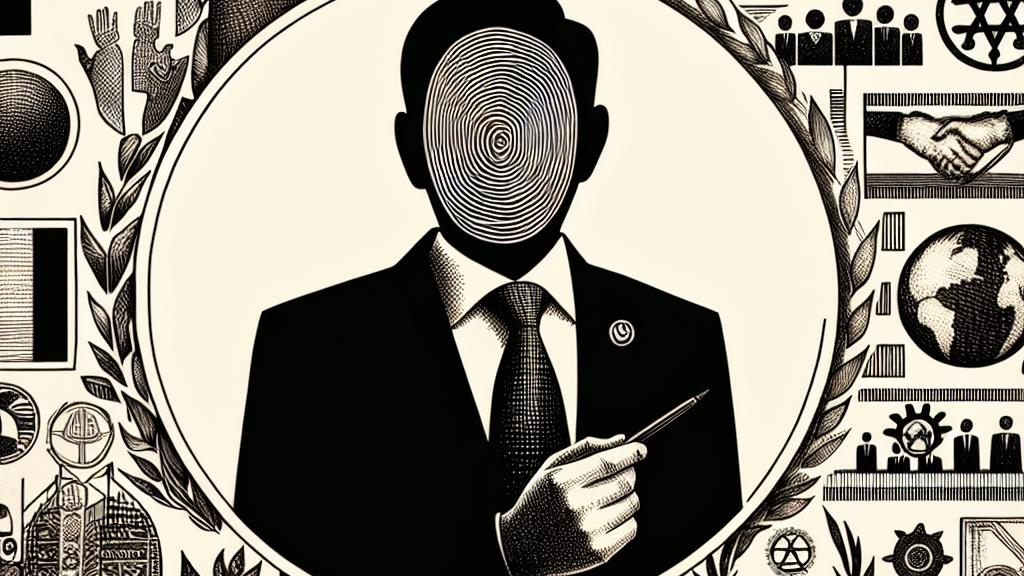US Increases Financial Support for Bangladesh's Economic Development
Overview
- The US is significantly boosting its commitment to Bangladesh, announcing an additional $202 million in aid.
- This strategic investment focuses on enhancing good governance, driving essential reforms, and addressing urgent humanitarian needs.
- As Bangladesh navigates complex economic challenges, this aid serves as a vital lifeline for future stability and growth.

A Groundbreaking Financial Commitment from the US
In a groundbreaking move, the United States has pledged an impressive $202 million in additional aid to Bangladesh, marking a transformative step in their relationship. With the nation currently grappling with harsh economic conditions—amplified by global crises such as the Ukraine conflict—the timing could not be more critical. The visiting US delegation, led by the esteemed Chief Adviser Muhammad Yunus, underscores a renewed partnership following recent political shifts in Bangladesh. Yunus, a Nobel laureate known for championing social entrepreneurship, emphasized the importance of this financial support, describing it as essential for not only stabilizing the faltering economy but also for fostering social inclusivity in a country with such profound potential.
Tackling Systemic Challenges with Targeted Reforms
Despite remarkable economic growth rates, hovering around 8%, Bangladesh faces alarming systemic challenges, including rampant corruption and inefficiencies in governance. Yunus has clearly articulated a vision aimed at enacting pivotal reforms necessary to combat these issues head-on. For instance, the establishment of specialized commissions designed to prevent election fraud signals a dedication to restoring democratic processes and public trust. In addition, reforms within the judiciary are critical to ensure equal justice for all citizens. Encouragingly, the interim government also intends to recover stolen assets linked to the previous regime, reaffirming its commitment to transparency and accountability. These proactive measures are essential not only for the nation's recovery but also for setting a clear path toward sustainable governance.
A Comprehensive Approach to Aid and Development
The US's newfound commitment extends beyond mere financial assistance; it represents a comprehensive strategy to bolster institutional capacity while addressing urgent humanitarian needs. USAID’s initiatives aim to improve governance and simultaneously provide critical support to vulnerable populations, particularly the Rohingya refugees who have fled violence in Myanmar. By allocating funds for basic necessities, the US showcases its dedication to humanitarian principles. Moreover, as Bangladesh aspires to rise from its current classification as one of the world's least developed countries, this multi-faceted partnership with the US will lay the groundwork for substantial economic development. The country's aspiration to achieve middle-income status within the next few years is not just ambitious—it is a beacon of hope that, with sustained support, could become a reality.

Loading...